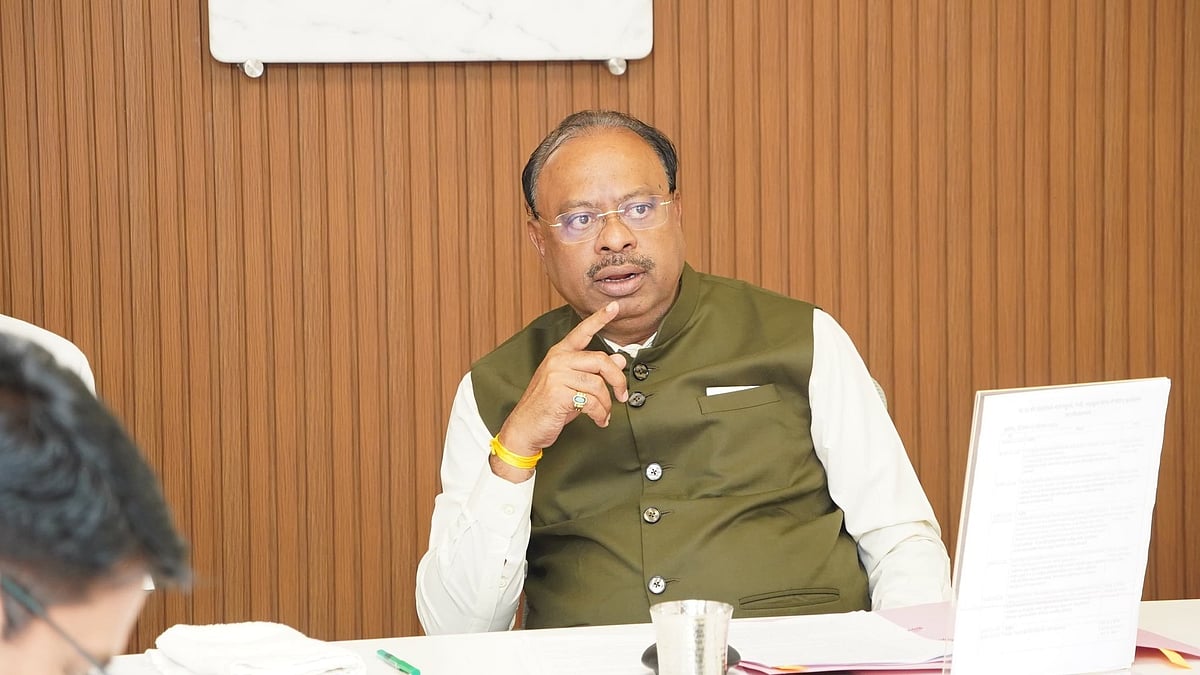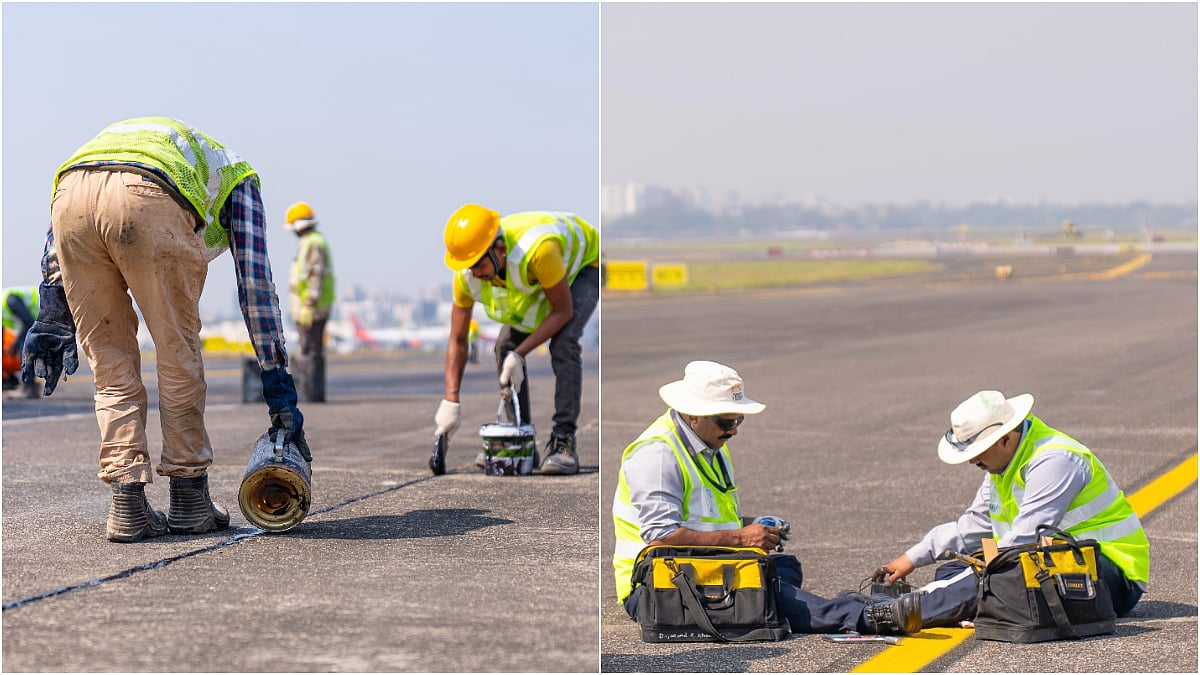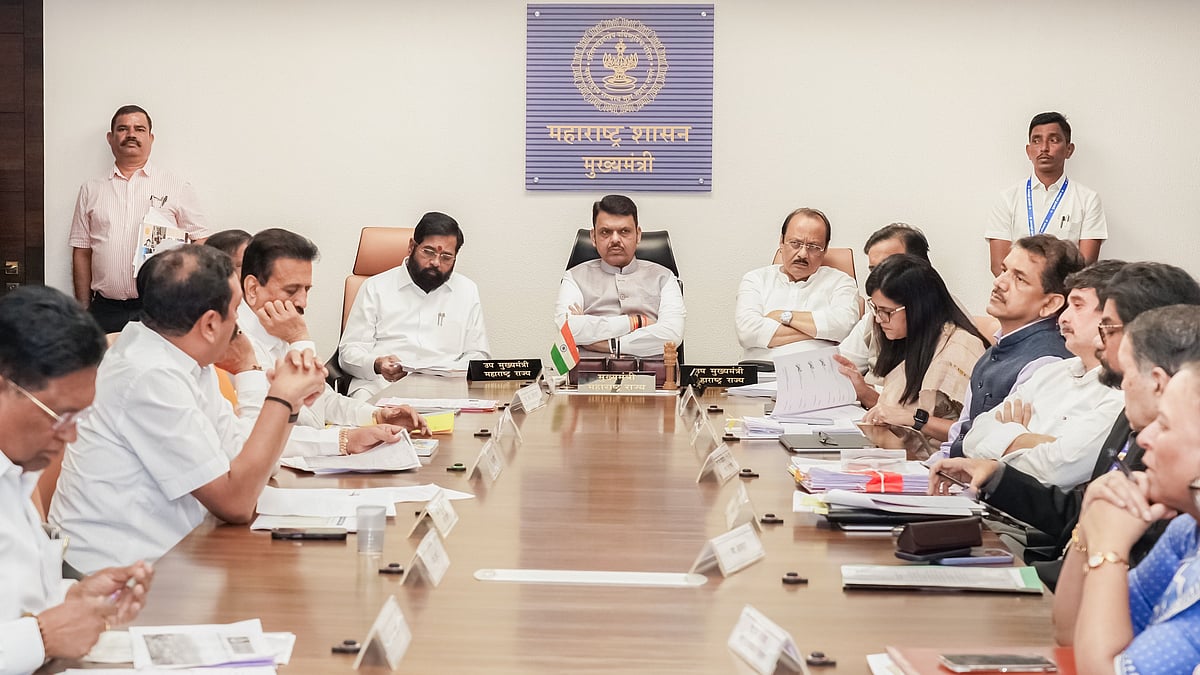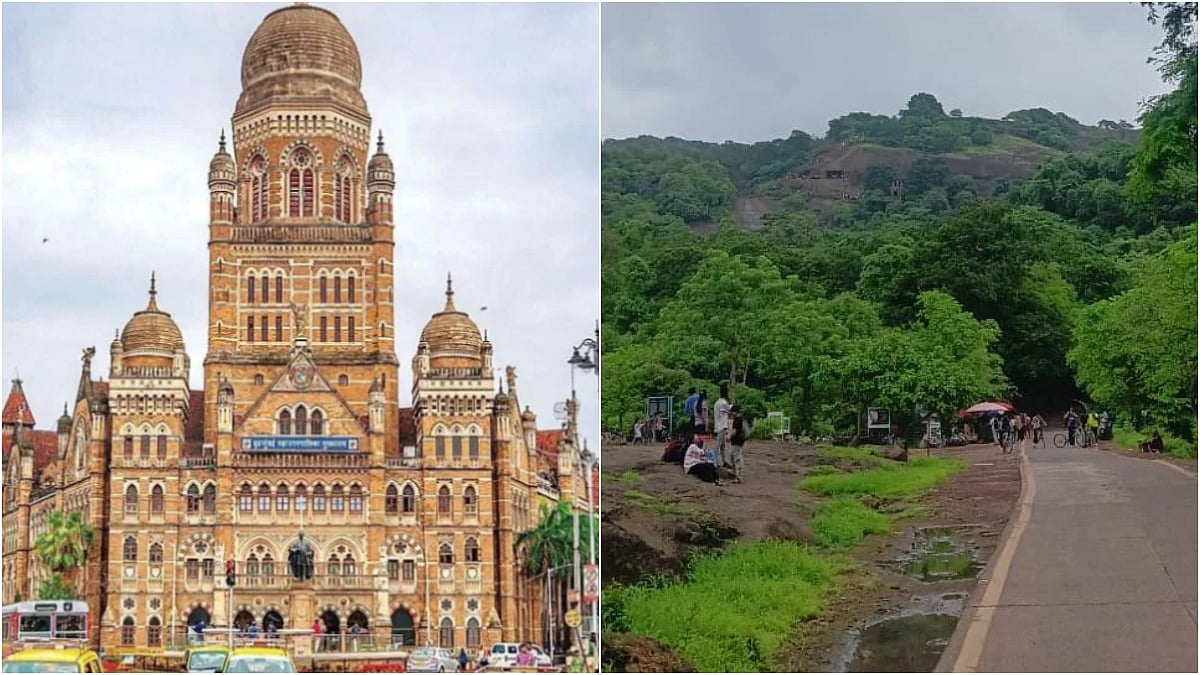Mumbai: In a major policy breakthrough aimed at accelerating Mumbai’s long-stalled redevelopment projects, the Mahayuti government has announced a complete waiver of registration fees for residents receiving new homes under the Cluster Development scheme. The decision has significance because it was taken when BMC elections are on the corner.
As part of this new policy, registration fees will be waived for homes measuring between 400 and 600 sq ft constructed for eligible tenants and residents in the BMC area. The decision was formally approved by the Revenue Department under the minister Chandrashekhar Bawankule on November 18, 2025, following directives from Minister Bawankule. He stated that the move would directly benefit lakhs of families across the city. He emphasized that, even with the increased size of new homes—now up by nearly 200 sq ft—the registration cost remains entirely waived, significantly reducing the financial burden on middle-class and economically weaker residents.
The government believes this measure will provide crucial momentum to numerous stalled redevelopment projects. Until now, tenants shifting to redeveloped buildings were required to pay stamp duty on additional carpet area at either the ready reckoner rate or the cost of construction. This often resulted in a substantial and unaffordable financial outlay for families. However, under the new system, the entire carpet area—including the original allotted space, additional area mandated under redevelopment norms, and fungible area—will now be evaluated at a nominal rate calculated as 112 times the rent or any lower applicable rate. This shift in valuation is expected to dramatically reduce the payable amount and simplify the redevelopment process for thousands of households.
The decision is particularly significant under the framework of the Development Control Regulations, 2034. According to Rule 33(9)(5)(i), each resident is entitled to a minimum of 35 square metres of carpet area during redevelopment, with additional benefits that vary depending on the size of the cluster. Residents can receive between 10% and 35% extra space along with an additional 35% fungible floor space index. With the new policy, all increased areas will now be treated as replacement area rather than luxury additions, enabling them to be assessed at a concessional rate and allowing redevelopment projects to become economically viable for both developers and residents.
The financial implications of this decision vary across project sizes but are universally beneficial. In smaller projects built on plots of around 4,000 square metres, residents and developers earlier faced steep stamp duty charges on additional areas, which often discouraged progress. Under the revised rules, a combined area of approximately 51.97 square metres will now be assessed at the lower concessional rate, resulting in savings of nearly Rs 21.14 lakh per project. For larger cluster developments spread across 50,000 square metres or more, the financial relief is even more significant, with estimated savings of around Rs 4.36 crore in stamp duty alone.
Officials believe that this decision marks a transformative moment for Mumbai’s redevelopment landscape. By removing a major financial hurdle, the government is aiming to clear the pathway for faster redevelopment of aging buildings, many of which pose safety risks. The move is also expected to boost confidence among residents, housing societies and developers, leading to smoother execution of projects that have been stuck for several years. As Mumbai continues to grapple with space constraints and outdated infrastructure, the government's decision is seen as a long-awaited and much-needed step to improve living conditions and provide dignified housing for countless families.
To get details on exclusive and budget-friendly property deals in Mumbai & surrounding regions, do visit: https://budgetproperties.in/








